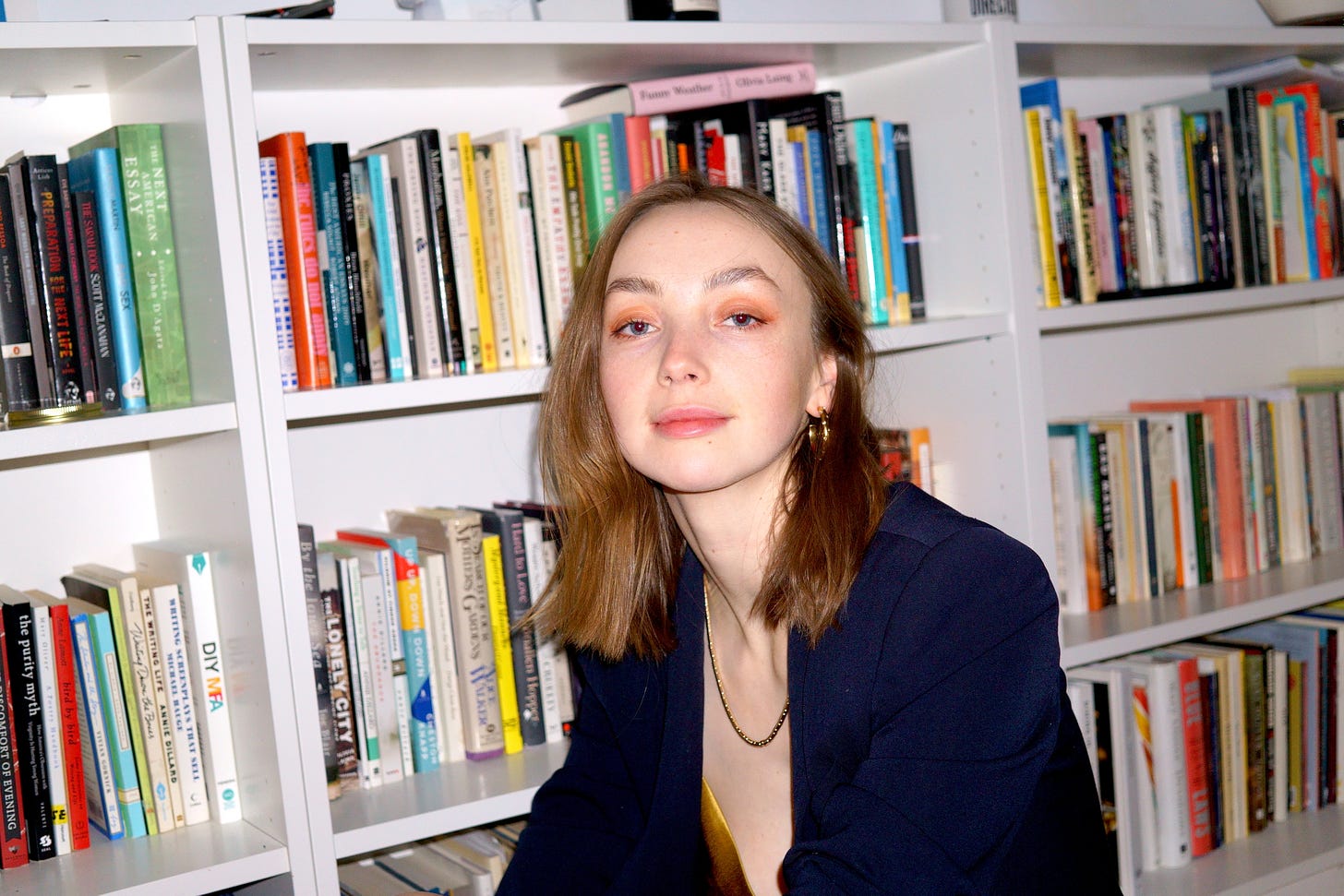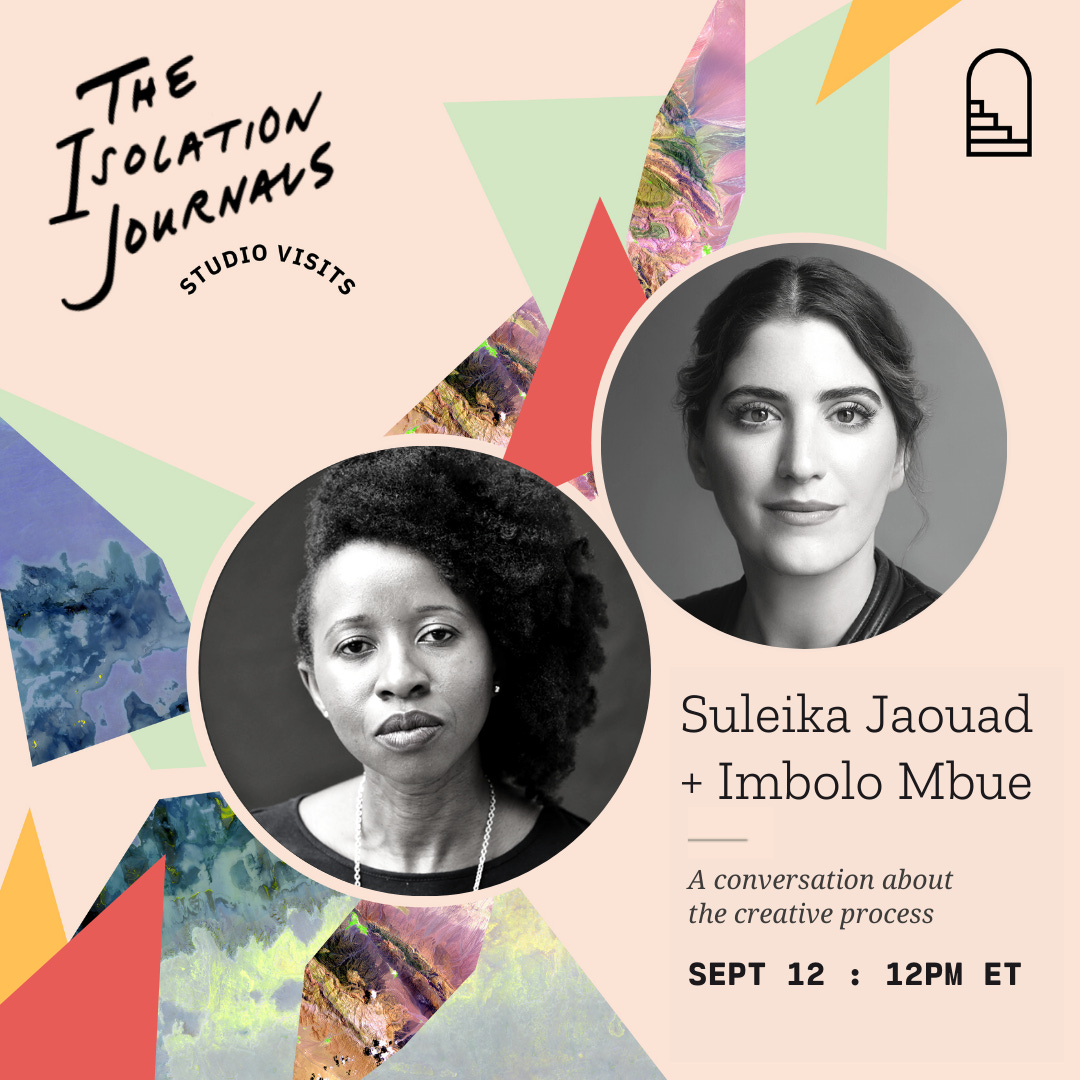Hi friend,
Anyone who knows me knows that I’m a lifelong Frida Kahlo devotee. I learned her life story around age twelve, during that adolescent phase when there’s so much pressure to blend in and be like everyone else. Kahlo seemed to do the opposite, to be fully herself, and that felt very exciting to me. Immediately I began to mimic her style—partly because I liked the countercultural vibe, partly because her glorious unibrow made me more comfortable, even confident, about my own.
Only after I got sick did I begin to understand that Kahlo’s sartorial choices held deeper resonance—that both creatively and politically, she was asserting power. At that point, I realized that while I lacked control over so many things, I could assert power in how I chose to dress. I could use my clothes to claim ownership of my life, of my bald head. I could use them to hide or reveal, to play, to experiment.
Things feel really hard in the world right now, what with the ongoingness of the pandemic, the political strife, and the environmental catastrophes—like the wildfires raging around the globe, like Hurricane Ida, which devastated my partner Jon’s hometown of New Orleans, then wreaked havoc on the Delaware Valley, where we live now. So many of these things are out of our individual control, which has a tendency to make us feel powerless. As an antidote, today we have a fascinating prompt from my fashion-savvy, word-smithy pal Erika Veurink—on the power of getting dressed.
Currently in sweatpants,
Suleika
P.S. Quick note to paid subscribers—we had to shift the time of next Sunday’s Studio Visit with Imbolo Mbue. Start time is one hour earlier, at 12 noon ET. Mark your calendars, and hope to see you there!
Prompt 160. Getting Dressed by Erika Veurink
There’s a phenomenon known as “enclothed cognition.” It's the scientific way of saying what we wear impacts how we think and how we remember. I was introduced to the concept during a first year lecture at the Fashion Institute of Technology. Clothes meant enough to me to leave the Midwest, move to New York, and enroll at FIT. Dressed in a striped shirt rescued from a local Goodwill and jeans I saved up a week of babysitting to buy, I listened in reverie as my professor spoke of the universality of what I already believed to be the greatest common denominator: getting dressed.
“People think they’re outside of fashion,” she said, her heavy beaded necklaces thudding against her chest, “but everyone gets dressed in the morning.” I looked around at my classmates, my fellow escapees and future artists, friends, and competition for coveted fashion week volunteer slots. The morning sun gleamed against our leather jackets, filtered through our polyester from the night before, and it pooled in our bright eyes.
Our clothes are our armor, our witnesses. Some days, they’re the only thing we can control. We dress to tell ourselves, and others, how we feel. Think of Joan Didion’s packing list: the leotards, the mohair throw, the cigarettes. She writes in The White Album, “Notice the deliberate anonymity of the costume.” Her clothes allowed her to disappear.
Even invisibility is worth noticing. When reinserting myself into memories as an essayist, I start by dressing myself. I try to remember what I was wearing and what it felt like to move in that outfit. Writing fiction, I dress my characters before any scene or dialogue. Through their dress, I can imagine their private hopes before the day—before joy or fear or trauma.
Karla Welch, a stylist I admire, always says, “Good clothes open doors.” But as a creative device, the clothes don’t have to be good. Try thinking of clothing as a tool to understand your characters more fully. Let it change the way you dress. Let it change the way you write.
Your prompt for the week:
Pull one piece of clothing from your closet. Interrogate that piece of clothing. Use it to access a memory of when you wore it or when you bought it or when you almost wore it and decided on something else. Feel the material, take in the scent, remember how it felt to be seen in that piece of clothing. Write your way back into the scene.
If you’d like, you can post your response in the comments below, in our Facebook group, or on Instagram by tagging @theisolationjournals.
Today’s Contributor
Erika Veurink is a writer living in Brooklyn by way of Iowa. She received her MFA from Bennington College. Her work has appeared in Brooklyn Review, Cheap Pop, Hobart, Midwest Review, Fairy Tale Review, and elsewhere.
We’re excited to host the great Imbolo Mbue for our next Studio Visit. Please note that the conversation will take place an hour earlier than normal, from 12-1pm ET.
Mbue is the author of the New York Times bestseller Behold the Dreamers, which won the PEN/Faulkner Award for Fiction and was an Oprah’s Book Club selection. Her new novel, How Beautiful We Were—about what happened when a fictional African village decided to fight against an American oil company that had been polluting its land for many years—is our September Book Club pick.
Paid subscribers also get access to our video archive of past Studio Visits with amazing humans like Elizabeth Gilbert, Jon Batiste, & Nadia Bolz-Weber. We hope you’ll join us!







